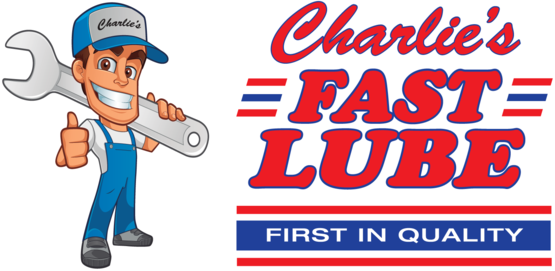This page provides answers to some of the most frequently asked questions about vehicle repair and service. We've thrown in some of our favorite tips and recommendations, too. Please call us or consult our Contact Us page for answers to your specific questions. We are happy to assist you!
Vehicle Maintenance
-
If I don't take my car to my car dealer for maintenance or repair will I void my warranty?
As a vehicle owner you should know about the Magnuson Moss Warranty Act. In 1975 the US Congress passed the Magnuson-Moss Warranty Act - a federal law that governs consumer product warranties. The act ensures that consumers can get straight forward information about warranty terms and conditions. Generally your vehicle manufacturer's warranty cannot require you to return to your auto dealer for vehicle maintenance - or to use only the brand of replacement parts offered by that dealer. a vehicle manufacturer cannot void the warranty of your vehicle due to an aftermarket part unless they can prove that the aftermarket part was the cause of or contributed to the failure of the vehicle
-
Why does my vehicle's maintenance schedule recommend so many fuel system services?
Modern engines have long abandoned carburetion with its many parts destined for failure in favor of simple and direct electronic injection of fuel. No longer are we shackled with the necessity of constant adjustment or repair. A properly maintained fuel delivery system today offers much improved reliability and efficiency than those systems of old. Millions of cars today run at a level of efficiency considerably reduced, due to the high concentration of carbon deposits accumulated in the fuel injection system, intake valves, combustion chambers, oxygen sensor and catalytic converter. Carbon build-up clogs fuel filters, reduces fuel flow, distorts fuel spray patterns, limits fuel automation and decreases combustion efficiency. Carbon build-up gradually robs your vehicle of performance and fuel economy, and may cause numerous problems such as engine malfunction, high emissions, excessive fuel consumption, loss of performance, rough idling and hard starts. Simply infusing an additive into a gas tank will not adequately decarbonizes injectors, cylinder heads, valves, intake plenums, exhaust emission sensors, and other critical components.
-
Is it really necessary to replace my timing belt at the recommended interval?
YES. The failure of a timing belt in many cars can result in major engine damage. The cost of repairing an engine with a broken timing belt is much greater than the cost of a timing belt replacement.
-
When should I change my spark plugs?
For maximum fuel economy and peak engine performance, your spark plugs should be replaced every 30 months or 30,000 miles, unless your vehicle is equipped with 100,000-mile platinum tipped spark plugs.
-
What is the difference between maintenance and safety?
Maintenance is done to prevent any future problems from occurring to the vehicle. Safety is to prevent any incident that would cause damage to the vehicle, to you or to the driver who is driving next to you.
-
With the change of the season and the temperatures, do I need to have my car checked?
It is a good idea to have your coolant checked to determine its freezing and boiling points to verify whether it needs to be changed. Have your air conditioner tested before the summer heats up, it is cheaper to fix before the season gets started.
Fluids Leaks
-
I have a leak under my car. How can I tell what is leaking?
The coloring of the liquid identifies the type of liquid. Coolant Fluid is orange or green, Engine fluid is Brown or Black, Transmission Fluid is Red or Pink, Power Steering Fluid is Light Brown, Differential Fluid- Brown. depending on the leak it could mean trouble, don't wait until it's too late!
Oil Change
-
When should I get my oil changed?
You should get your oil changed every 3000 miles or as recommended in your vehicle's owner's manual.
-
What is that milky brown engine oil?
Milky brown engine oil is an indication of coolant in the oil. This can be caused by a blown head gasket (other gasket), a failed transmission cooler, or cracked casings. This condition is very serious and needs to be checked by a professional technician quickly.









